Differences Between 50, 100, and 200 Hour Yoga Certification Courses
In recent years, yoga has surged in popularity, becoming a global phenomenon practiced by millions of people seeking physical health, mental clarity, and spiritual growth. From bustling urban studios to serene retreat centers, yoga’s reach is vast and its benefits widely recognized. As more individuals turn to yoga for personal well-being, the demand for qualified yoga teachers has also grown exponentially.
For those passionate about deepening their practice or stepping into a teaching role, obtaining a yoga certification is a crucial step. Not only does certification provide essential knowledge and skills, but it also ensures that instructors meet professional standards, promoting safety and integrity in their teaching.
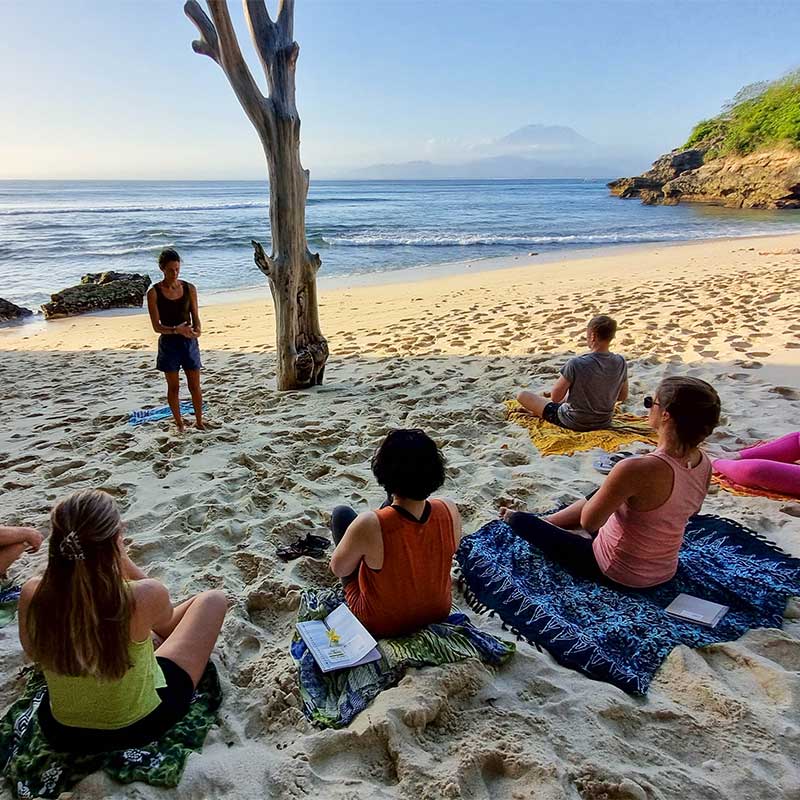
In this article, we will delve into the differences between 50, 100, and 200-hour yoga certification courses. We will explain what each certification entails, why a 100-hour course is not sufficient to become a professional yoga teacher, and why combining shorter courses cannot substitute for a comprehensive 200-hour program. Additionally, we will discuss how 50-hour and 100-hour courses serve as valuable continuing education for existing teachers and can be beneficial starting points for dedicated practitioners. Finally, we will touch on situations where a 100-hour course might be appropriate for beginners.
What is a Yoga Certification?
Definition
A yoga certification is a formal credential that signifies a person has completed a specified amount of training in yoga teaching and practice. This certification ensures that the individual has the necessary skills and knowledge to teach yoga safely and effectively.
Governing Bodies
Several organizations set the standards for yoga teacher training, with Yoga Alliance being the most prominent. Yoga Alliance provides guidelines for various levels of certification, ensuring consistency and quality in yoga education.
Detailed Breakdown of Each Certification
50, 100 & 200 Hours
Differences
Purpose, content, limitations and benefits
♦ 50-Hour Yoga Certification
Purpose: The 50-hour yoga certification is primarily designed for continuing education. It allows certified yoga teachers to expand their knowledge in specific areas or for beginners to get an introductory taste of deeper yoga practice.
Content: This course often covers specialized topics such as specific yoga styles (e.g., Vinyasa, Yin), advanced techniques, or niche areas like prenatal yoga.
Ideal Candidates:
- Experienced teachers looking to broaden their skill set.
- Beginners interested in exploring yoga in greater depth without committing to longer training.
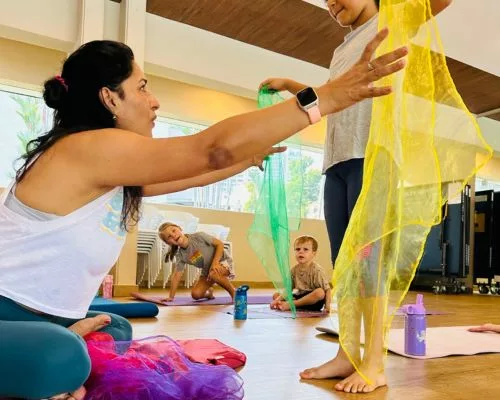
♦ 100-Hour Yoga Certification
Purpose: This certification serves as an in-depth continuing education course or an intensive introduction for serious beginners.
Content: Compared to the 50-hour course, the 100-hour certification offers a more comprehensive exploration of yoga practice. Topics typically include detailed asana practice, anatomy, and teaching methodologies.
Limitations: Despite its depth, the 100-hour certification is not sufficient for becoming a professional yoga teacher. The scope of training and practice hours required to teach effectively and safely are beyond what this certification provides.
♦ 200-Hour Yoga Certification
Purpose: The 200-hour yoga certification is the foundational credential required to teach yoga professionally. It meets the minimum standard set by Yoga Alliance for registered yoga teachers.
Content: This extensive curriculum covers:
- Asana practice
- Anatomy and physiology
- Yoga philosophy
- Teaching techniques and methodologies
- Practicum (practice teaching)
Benefits: Completing a 200-hour course qualifies individuals to register with Yoga Alliance as a Registered Yoga Teacher (RYT-200). It provides a thorough grounding in yoga, preparing teachers to lead classes confidently and knowledgeably.
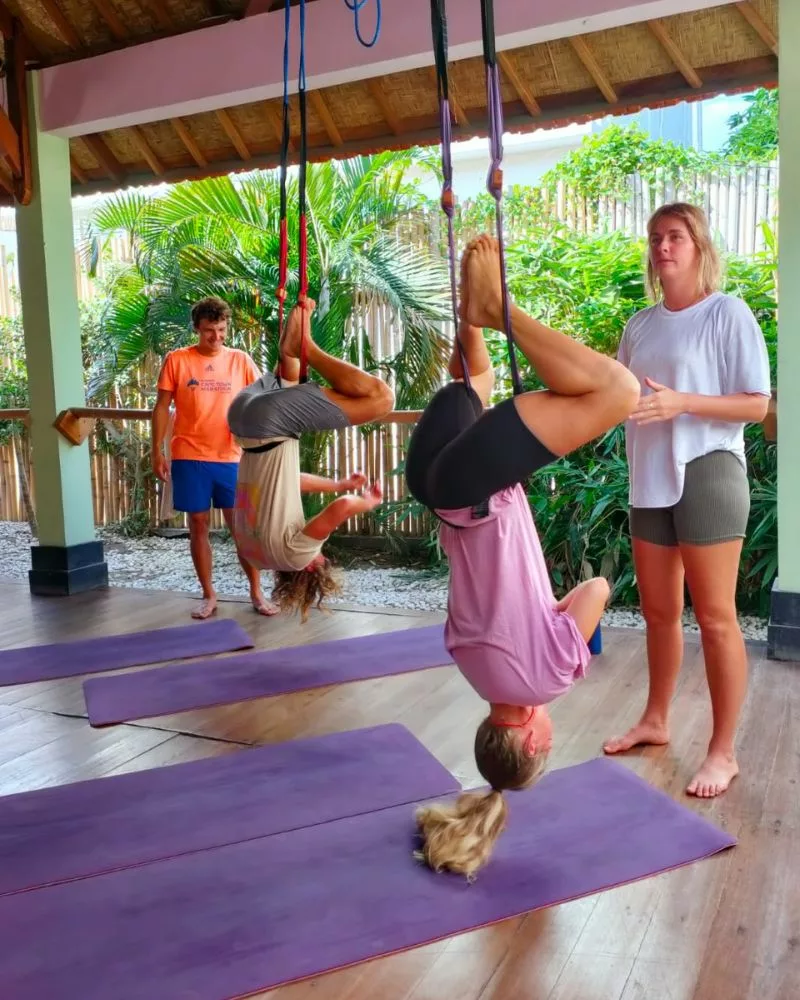
Why 100 Hours is Not Enough to Become a Professional Yoga Teacher
Comprehensive Training Needs
To teach yoga safely and effectively, a deep understanding of the practice and ample teaching experience are necessary. A 100-hour course simply doesn’t provide sufficient time for this level of training.
Yoga Alliance Standards
Yoga Alliance requires a minimum of 200 hours for professional certification. This standard ensures that teachers are well-prepared to handle the responsibilities of guiding students through their yoga journeys.
Development of Teaching Skills
Extensive practice teaching and feedback are integral parts of the 200-hour certification. These elements help aspiring teachers refine their skills and build confidence, which are crucial for leading classes effectively.
Misconceptions About Combining Shorter Courses
Accumulation Myth
Combining multiple shorter courses, such as two 100-hour courses, does not equate to completing a 200-hour certification. Each course is structured differently and may not cover all necessary topics comprehensively.
Structured Learning Path
A 200-hour program offers a progressive, structured curriculum designed to build a solid foundation in yoga. This systematic approach is essential for developing a well-rounded skill set.
Yoga Certification Requirements
Recognized bodies like Yoga Alliance have specific requirements for certification that cannot be met by piecing together shorter courses. A 200-hour certification ensures all necessary competencies are achieved.
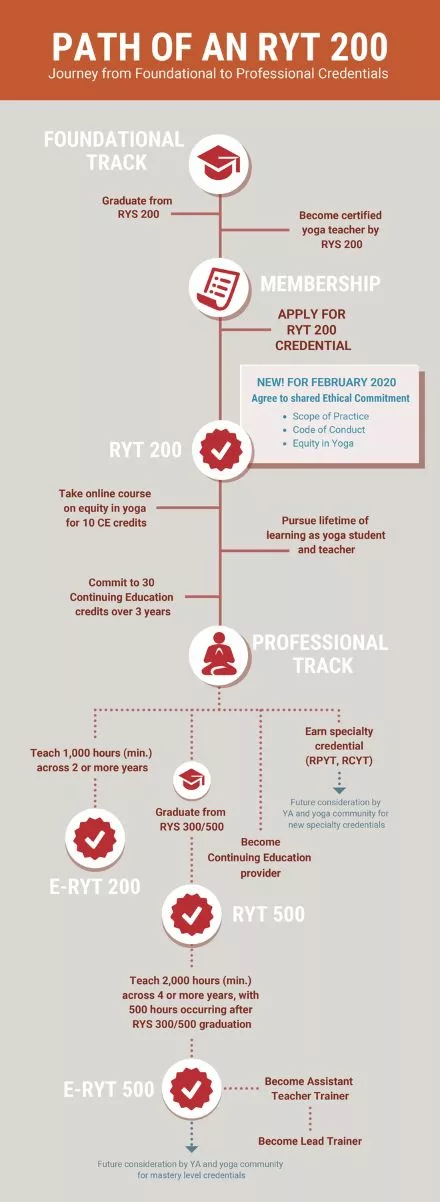
Continuing Education
Current Teacher vs Beginner
Roles of short
Training
For whom, content, immersion, bridge courses
♦ The Role of 50-Hour and 100-Hour Courses in Continuing Education
For Existing Teachers
These shorter courses help certified teachers stay updated with new techniques, deepen their knowledge, and explore specialized areas of interest. They are essential for continuous professional development.
For Enthusiasts
Dedicated yoga practitioners who do not aim to teach can benefit from these courses by gaining a deeper understanding of yoga, enhancing their personal practice, and possibly preparing for more advanced certifications.
Specialized Training
50-hour and 100-hour courses often focus on specific training areas such as restorative yoga, yoga therapy, or advanced asana techniques. This specialization allows teachers and practitioners to expand their expertise.
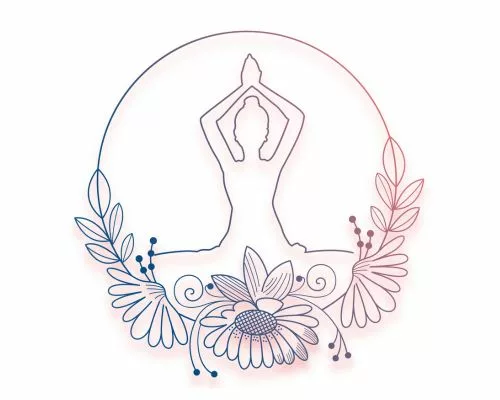
♦ When 100-Hour Courses Can Be Suitable for Beginners
Intensive Introduction
For serious beginners, a 100-hour course can provide a solid foundation in yoga practice, offering more depth than a typical beginner’s class but not as extensive as a 200-hour program.
Bridge to 200-Hour Certification
Some 100-hour courses are designed as the first step towards a full 200-hour certification, providing a structured introduction that prepares students for more comprehensive training.
♦ Key Point to remember
We have explored the differences between 50, 100, and 200-hour yoga certifications, highlighting their purposes, contents, and ideal candidates. We have also discussed why 100 hours is insufficient for professional teaching and addressed misconceptions about combining shorter courses.
Choosing the right course depends on your individual goals, whether you seek personal growth or aspire to teach yoga professionally. For those aiming to teach, a 200-hour certification is essential. For those looking to deepen their practice, shorter courses can provide valuable insights and specialized knowledge.
Already Yoga Teacher
Check our Training offers
Wish to become a certified Yoga Teacher, Check our 200h Yoga Training Course

FAQ —
About Yoga Certification
Still Have Questions
Email our Manager – Audrey – She will be happy to guide you through your Yoga Journey
Can I teach yoga without certification?
Teaching yoga without certification is possible, but there are several important factors to consider:
- Credibility and Trust: Certification from a recognized yoga teacher training program can enhance your credibility and help build trust with potential students. Many students may prefer or require a certified instructor for their safety and assurance of quality instruction.
- Legal and Insurance Requirements: Some regions or facilities may have legal requirements or liability insurance policies that mandate certification. It’s important to check local regulations and the policies of the venues where you intend to teach.
- Knowledge and Safety: Certification programs provide comprehensive training on anatomy, physiology, teaching techniques, and safety protocols. While it’s possible to gain this knowledge independently, formal training ensures a structured and thorough education.
- Professional Opportunities: Many yoga studios, gyms, and wellness centers require instructors to be certified by recognized organizations, such as Yoga Alliance. Without certification, your opportunities to teach in these venues may be limited.
- Community and Networking: Certification programs often provide a supportive community and networking opportunities with other yoga professionals, which can be valuable for your growth and career development.
How to get a Yoga Certification
Summary of Steps:
- Research and choose an accredited certification program.
- Consider your schedule and learning style to select the right format and duration.
- Budget for the costs involved.
- Enroll in the program.
- Complete the training, including all required coursework and practicums.
- Register with a recognized organization like Yoga Alliance.
- Continue your education to maintain and enhance your certification.
Additional Tips:
- Seek Reviews: Look for reviews and testimonials from previous students of the program you are considering.
- Connect with Instructors: Speak with program instructors to get a sense of their teaching style and approach.
- Network: Engage with the yoga community to find support and opportunities.
How much is a Yoga Certification
The cost of obtaining a yoga certification can vary widely based on several factors, including the type of program, the location, and the certification level. Here is a general overview of the costs you can expect:
1. 200-Hour Yoga Teacher Training (YTT) Programs
- In-Person Programs: These typically range from $1,500 to $3,000.
- Online Programs: Generally more affordable, ranging from $1,000 to $2,000.
- Hybrid Programs: Often fall somewhere in between, depending on the structure and location.
2. 300-Hour Advanced YTT Programs
- Costs usually range from $2,000 to $5,000, depending on the program’s depth and location.
3. 500-Hour Combined YTT Programs
- These comprehensive programs typically cost between $3,500 and $7,000.
4. Specialized Certifications
- Specialized courses, such as prenatal yoga or yoga therapy, can range from $500 to $2,000.
Additional Costs to Consider
- Materials and Textbooks: $50 to $200.
- Travel and Accommodation: Varies significantly based on the program location and format.
- Registration with Yoga Alliance: Initial registration fee is around $50-$115, and there is an annual renewal fee of approximately $65.
- Continuing Education: Costs for workshops and additional courses to maintain certification.
By carefully researching and comparing different programs, you can find one that fits your budget and meets your educational needs.

